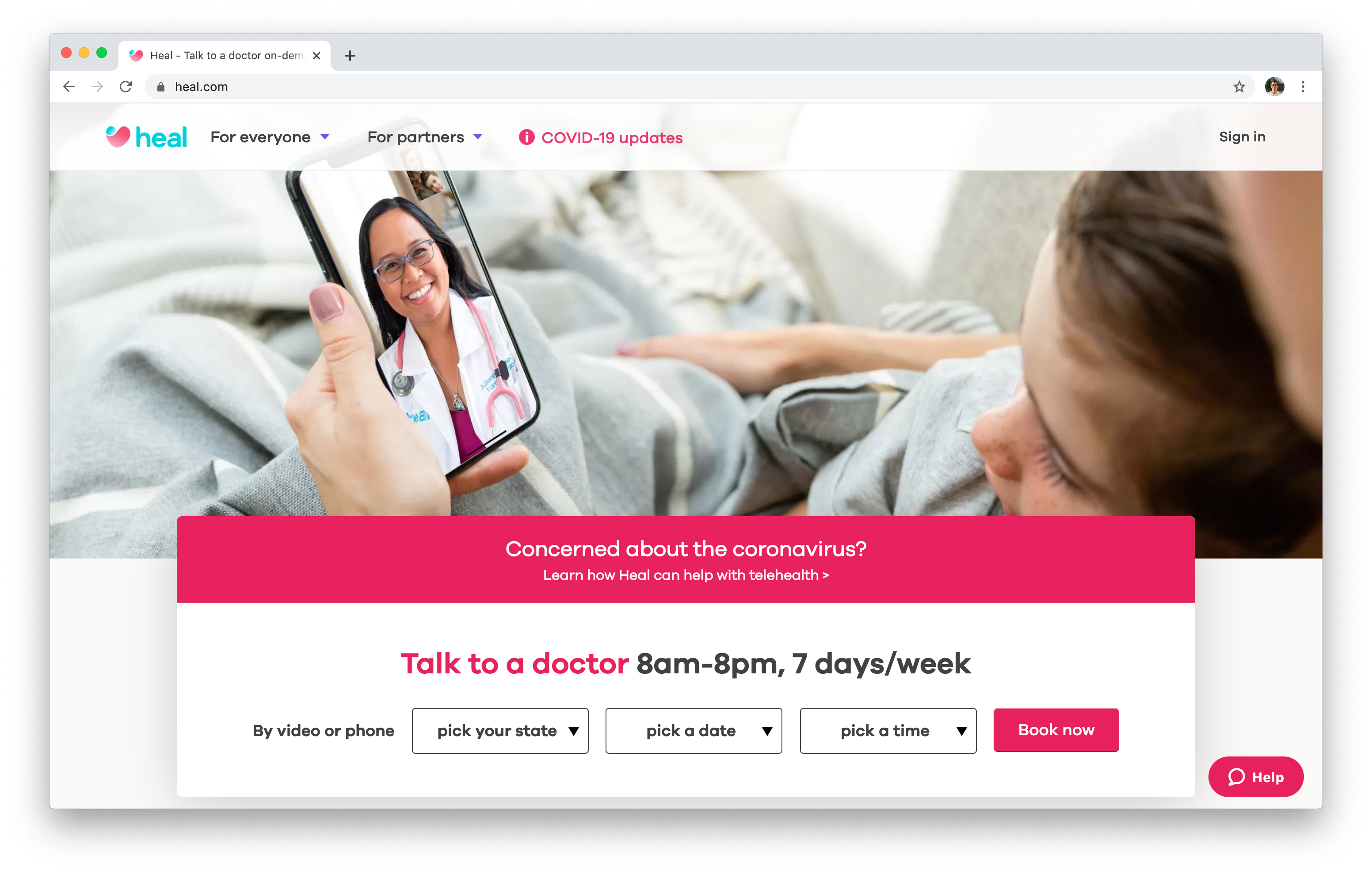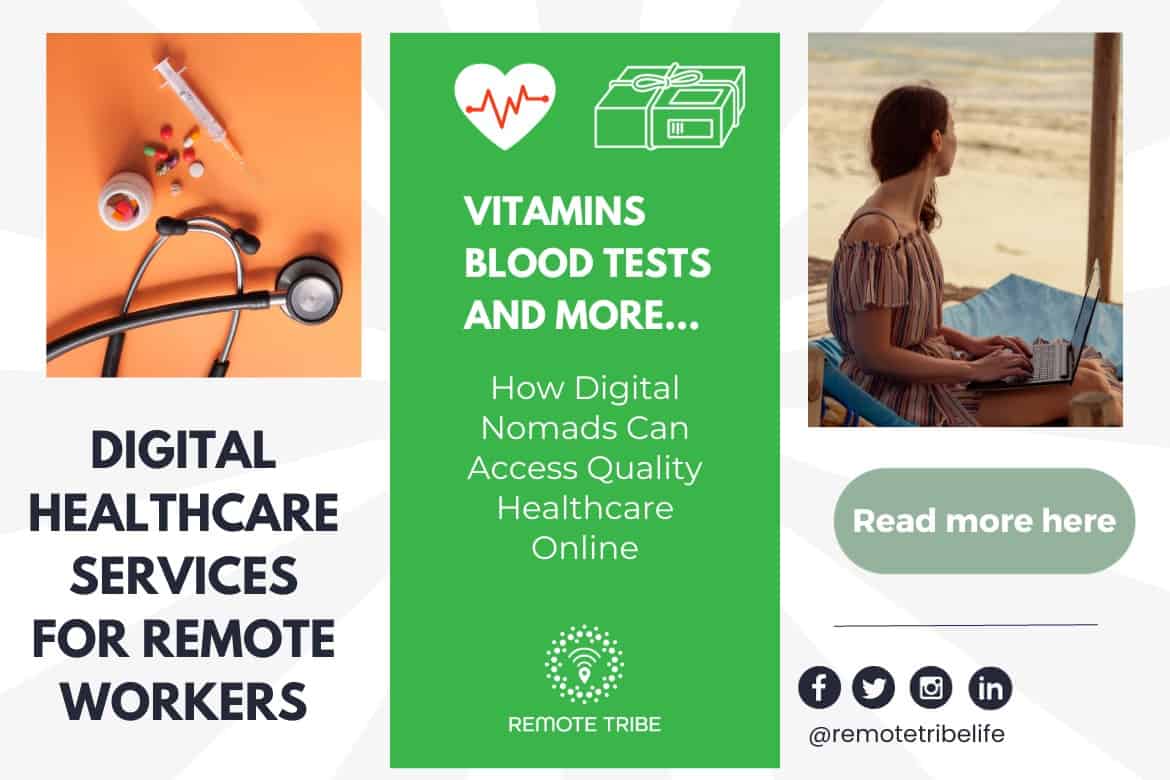Subscription Based Healthcare: Transforming the Method We Think Of Health
Subscription Based Healthcare: Transforming the Method We Think Of Health
Blog Article
Understanding the Cost-Effectiveness of Subscription-Based Health Care Models
As the medical care landscape progresses, subscription-based designs emerge as a compelling choice, assuring to redefine exactly how people handle clinical costs. Evaluating these designs' cost-effectiveness requires a nuanced comparison with typical insurance policy, thinking about both economic effects and client complete satisfaction.
Review of Subscription-Based Designs
Subscription-based health care versions, sometimes referred to as direct key treatment or concierge medication, are increasingly gaining interest as a potential service to inadequacies within traditional medical care systems. These models operate on the concept of offering people straight accessibility to doctor through a regular monthly or annual charge, bypassing the requirement for traditional insurance coverage systems. This arrangement intends to improve patient-provider communications by minimizing management burdens, which commonly prevent personalized and prompt care.
At the core of subscription-based models is the focus on a much more individualized person experience. Patients benefit from boosted access to their medical professionals, usually consisting of same-day or next-day appointments, prolonged assessment times, and direct interaction networks such as phone or video clip phone calls. This design cultivates a proactive method to healthcare, where clients and suppliers can collaboratively concentrate on preventative treatment and chronic condition administration.

Price Contrast With Traditional Insurance Coverage

One of the main economic advantages of registration versions is openness in expenses. On the other hand, traditional insurance may be much more helpful for individuals requiring specialized treatment or costly treatments not covered under a membership version, as they profit from the broader protection network and cost-sharing devices.
Nonetheless, cost-effectiveness is context-dependent. While subscription designs might use savings for those largely requiring primary care, people with persistent conditions or specialized healthcare needs could find typical insurance extra comprehensive. Consequently, assessing specific health care demands and possible use is essential in figuring out the most affordable choice for people.
Influence on Patient Fulfillment
Individual fulfillment within subscription-based health care designs often mirrors a significant improvement over conventional insurance policy systems. This enhancement is primarily credited to the personalized care and access these designs offer. Clients frequently report higher satisfaction as a result of decreased wait times and the simplicity of scheduling appointments. Unlike traditional systems, where patients could experience delays in getting treatment, subscription-based versions guarantee even more prompt and straight communications with healthcare carriers.
In addition, the transparency in costs connected with subscription-based healthcare relieves the typical stress connected to unanticipated charges and complex invoicing processes seen in typical insurance policy (subscription based healthcare). People appreciate recognizing the precise financial dedication upfront, bring about boosted count on and confidence in their medical care monitoring
Additionally, the focus on preventive care and health in subscription models adds to enhanced health results, further enhancing individual fulfillment. By concentrating on ongoing health maintenance as opposed to anecdotal care, patients experience an even more constant and holistic healthcare journey.
Additionally, the boosted provider-patient relationship fostered in these models, characterized by even more time spent per patient and personalized interest, plays a critical function in boosting individual satisfaction levels, as individuals really feel genuinely cared for and recognized.
Company Perspectives and Experiences
From the company's perspective, subscription-based health care models offer a transformative strategy to providing clinical solutions. These designs highlight webpage a positive and preventative healthcare method, enabling providers to concentrate on comprehensive patient treatment without the constraints of typical fee-for-service plans (subscription based healthcare). This change in focus usually results in improved patient outcomes and raised service provider complete satisfaction, as healthcare specialists can allocate more time and resources to patient involvement and individualized treatment plans
Furthermore, membership models promote predictable profits streams, which improve financial stability for health care carriers. This predictability permits boosted resource planning and allotment, contributing to a more reliable healthcare delivery system. Suppliers can buy personnel infrastructure, technology, and training renovations, consequently improving the quality of care provided.
Nevertheless, the shift to subscription-based versions is not without difficulties. Carriers must adapt to brand-new functional frameworks, which can involve considerable adjustments in invoicing practices and patient administration systems. Additionally, there is an integral demand for durable data management to track patient end results and ensure top quality treatment. Regardless of these obstacles, lots of providers locate that the advantages of increased individual communication and streamlined operations exceed the first challenges, making subscription-based versions an attractive alternative.
Future Leads and Challenges

A key difficulty is regulatory compliance, as subscription designs must comply with evolving medical care plans and insurance coverage requirements. This demands constant adjustment and technology to make certain alignment with legal standards. Furthermore, incorporating these versions into existing medical care infrastructures can be complex, calling for significant financial investments in technology and training.
There is also the possible threat of creating inequities in health care gain access their website to, as subscription see designs could prefer those who can afford them, leaving at risk populations underserved. Resolving this requires thoughtful consideration of prices approaches and subsidy mechanisms to make certain inclusivity.
Conclusion
Subscription-based medical care models provide a feasible option to conventional insurance by using economic predictability and transparency, particularly profiting individuals with persistent problems or constant medical care demands. The cost-effectiveness of these versions is contingent upon specific medical care usage patterns and circumstances.
Subscription-based healthcare models, in some cases referred to as direct primary care or attendant medicine, are increasingly obtaining focus as a possible service to inefficiencies within conventional healthcare systems. Unlike conventional systems, where individuals may experience delays in getting care, subscription-based models ensure even more timely and direct communications with medical care service providers.
These models stress a preventative and positive health care strategy, permitting carriers to concentrate on extensive patient treatment without the restrictions of standard fee-for-service plans. As these versions proceed to obtain grip, they provide the potential to change client access to care, enhance service distribution, and enhance healthcare costs.Subscription-based healthcare versions present a sensible option to traditional insurance policy by providing economic predictability and transparency, specifically benefiting people with chronic problems or frequent health care needs.
Report this page